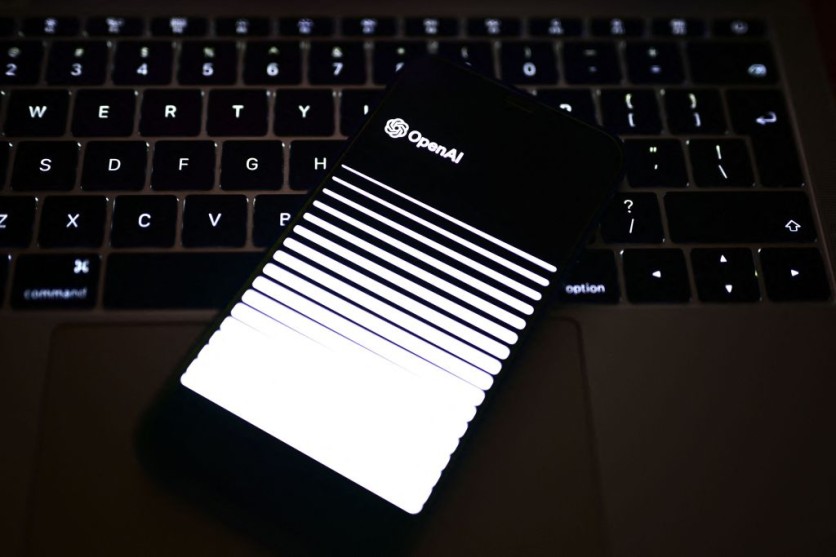A group of writers have filed a lawsuit against OpenAI, alleging the company's AI ChatGPT chatbot was trained using their works without authorization. The lawsuit asserts that OpenAI has unlawfully utilized their copyrighted content for its own benefit and profit.

Unlawfully Using Copyright Content
The legal action is pursuing class-action status and highlights ChatGPT's capability to summarize and analyze the authors' content, suggesting that this feat is only achievable if OpenAI utilized their works to train its GPT large language model.
The lawsuit further contends that the generated outputs constitute "derivative" works that infringe upon their copyrights. Reuters reported that the writers include Michael Chabon, David Henry Hwang, Rachel Louise Snyder, and Ayelet Waldman.
The lawsuit against OpenAI asserts that the company's actions involving copyright infringement were deliberate, purposeful, and showed a lack of concern for the rights of the plaintiffs and class members.
It claims that OpenAI was fully aware that the datasets utilized for training its GPT models included copyrighted content and that these actions violated the terms of use associated with the materials.
In early December, a federal judge based in San Francisco is scheduled to hear arguments for both the Silverman v. OpenAI case and the associated Tremblay v. OpenAI lawsuit.
Also Read : ChatGPT Trained on Copyrighted Books! Memorized Harry Potter, Other Novels, New Study Claims
Forbes reported that Chabon and a substantial group of authors had previously signed an open letter in July, addressing OpenAI and other companies.
In the letter, they advocated for the AI industry to acknowledge the value of their literary works and provide compensation, emphasizing that AI's capabilities would be mundane and severely restricted without their writings.
Other Copyright Lawsuits
This represents the most recent case of authors pursuing legal action against OpenAI regarding its training data. In July, comedian Sarah Silverman, along with authors Christopher Golden and Richard Kadrey, filed a lawsuit against both OpenAI and Meta, alleging copyright infringement.
OpenAI's legal team argued last month that the allegations made against them misinterpret the extent of copyright protection, as they fail to consider the legal constraints and exemptions.
This includes fair use, which allow for innovations such as the prominent large language models currently leading the field of artificial intelligence.
Prior to that, authors Paul Tremblay and Mona Awad had initiated legal action against OpenAI in June, raising similar claims.
In this latest legal action, The Verge reported that the plaintiffs are seeking an injunction to prevent OpenAI from participating in what they perceive as illegal business practices. They are also seeking compensation for damages resulting from copyright infringements and additional penalties.

ⓒ 2025 TECHTIMES.com All rights reserved. Do not reproduce without permission.




